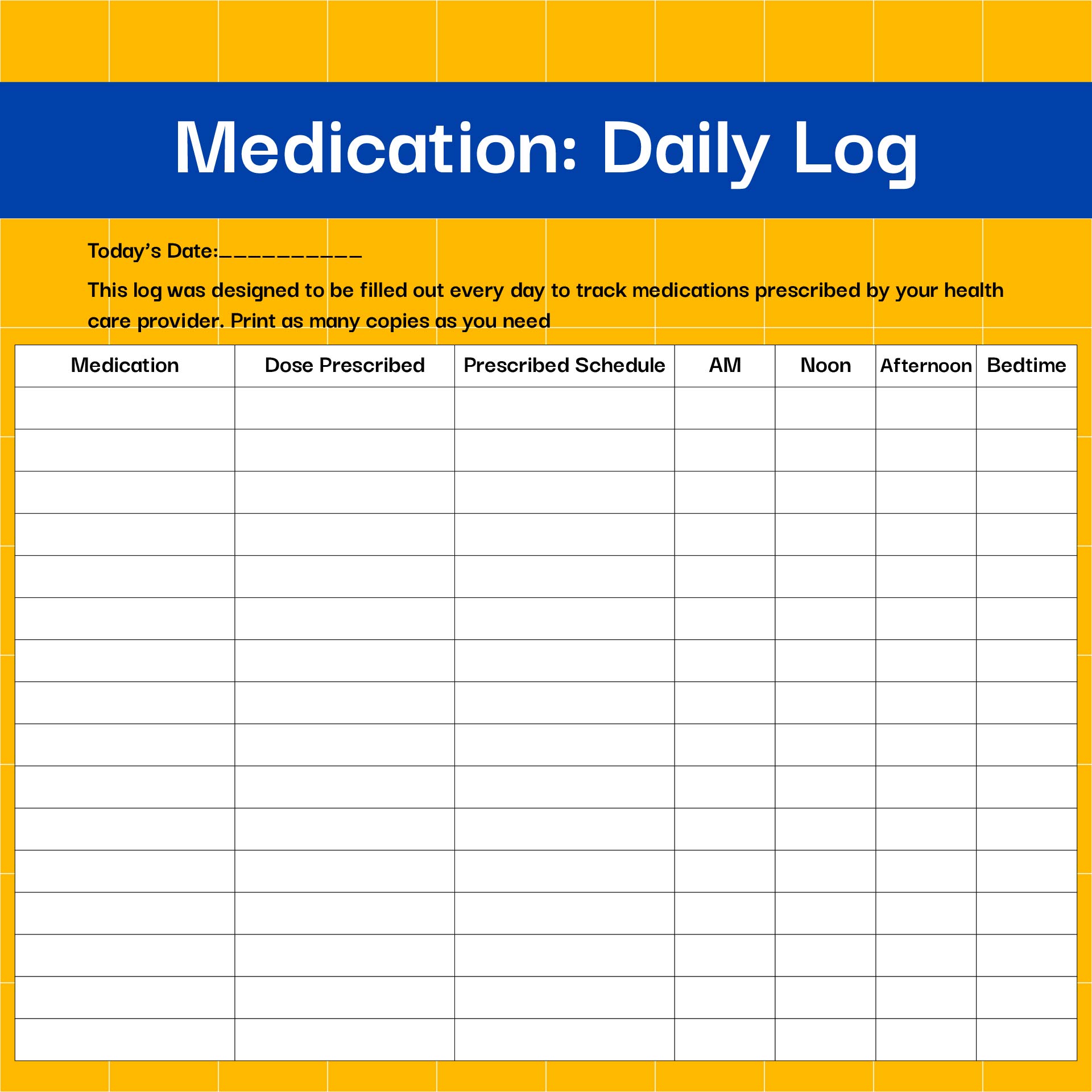- Empty cart.
- Continue Shopping
The Importance of Medication Scheduling

Medication scheduling, also known as medication adherence or compliance, is a critical aspect of any treatment plan. Whether you’re managing a chronic condition or taking antibiotics for a short-term illness, the timing and dosage of your medication can significantly impact its effectiveness.
Why Medication Scheduling Matters
Efficacy of Treatment
For medication to work as intended, it needs to maintain a certain concentration in your bloodstream. Skipping doses or taking medication irregularly can result in suboptimal drug levels, reducing the treatment’s effectiveness.
Avoiding Side Effects
Taking too much medication or taking doses too close together can lead to harmful side effects or even overdose.
Preventing Drug Resistance
In the case of antibiotics or antiviral medications, irregular medication schedules can contribute to drug resistance, making it harder to treat infections in the future.
Cost-Effectiveness
Proper medication scheduling can prevent the need for additional treatments or hospitalizations, saving both time and money in the long run.
Challenges in Medication Scheduling
Complexity
Some medication regimens can be complex, requiring multiple medications at different times of the day, which can be confusing.
Forgetfulness
It’s easy to forget a dose, especially if you’re juggling multiple responsibilities or dealing with cognitive issues.
Lack of Immediate Consequences
For some medications, missing a dose may not result in immediate noticeable effects, leading people to underestimate the importance of strict adherence.
Tips for Effective Medication Scheduling
Use a Pill Organizer
A pill organizer can help you sort your medications by day and time, reducing the risk of missing a dose or taking the wrong medication.
Set Reminders
Use your phone or other devices to set reminders for when it’s time to take your medication.
Create a Routine
Try to incorporate medication into your daily routine, like taking it after brushing your teeth in the morning, to make it easier to remember.
Consult Your Healthcare Provider
If you find your medication schedule challenging to maintain, consult your healthcare provider for possible adjustments or alternative treatment options.
Keep a Medication Journal
Maintaining a log of when you take your medication can help you and your healthcare provider monitor your adherence and make necessary adjustments.
In summary, medication scheduling is a crucial but often overlooked aspect of effective treatment. Proper adherence ensures that you’re getting the maximum benefit from your medication while minimizing risks and complications. By understanding the importance of medication scheduling and employing strategies to maintain it, you’re taking an essential step in managing your health. After all, medications can only do their job when taken as prescribed.








